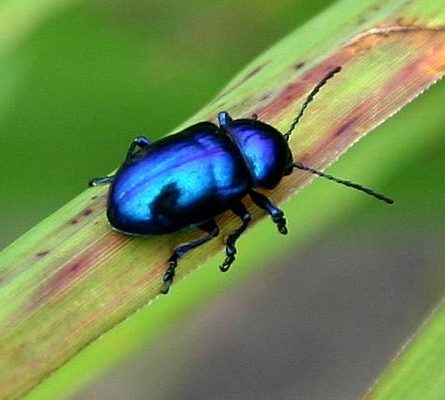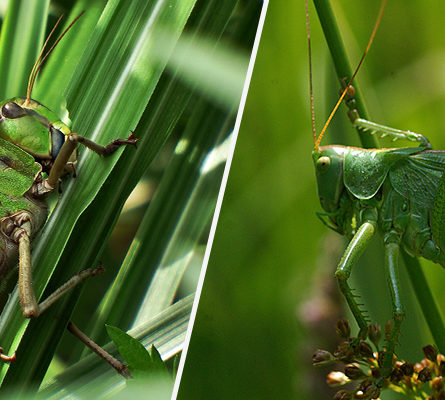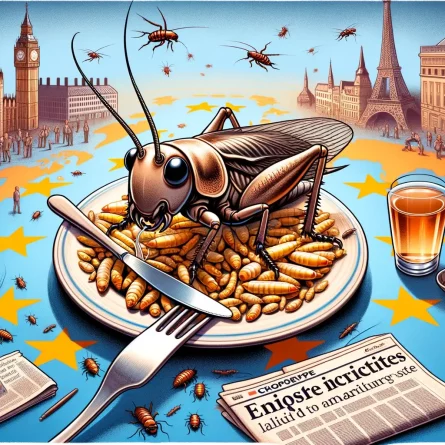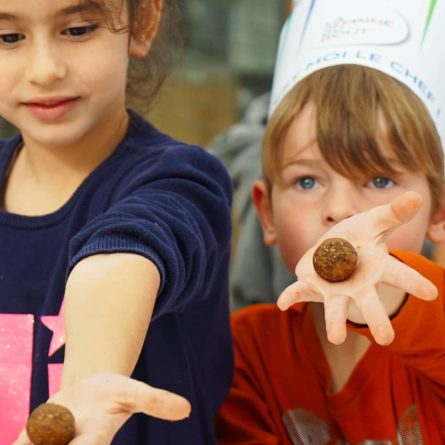Nanna Roos, a researcher at the University of Copenhagen, stated at the Congress “Edible insects; the value chain” the next question: ‘Are edible insects superfoods?’ We asked ourselves the same, that’s why we listened carefully and can now give the answer ‘YES!’ to this question. Below we explain we think that insects can be called super-food.
As we already know, insects fit perfectly in a varied and healthy diet. They contain many good nutrients, such as proteins, unsaturated fats, iron and the B vitamins.
Edible insects are superfoods
Edible insects contain 20 to 76 percent of proteins of high quality because they often contain all essential amino acids. Some insects lack a small amount of the amino acid lysine. To get enough lysine as an ento-vegetarian you eat dairy, legumes or wheat germ. As far as proteins are concerned, it is not about quantity but quality. Edible insect proteins are well absorbed by our body.
Insects also contain some unsaturated fatty acids. Long chain unsaturated fatty acids can contribute to a healthier cholesterol level. In short, besides the avocados, cashews and chia seeds that you add in your diet, you could also think of a grasshopper or mealworm to get these much needed fats. Mealworms and crickets contain essential polyunsaturated fatty acids. They are called essential because we have to obtain them through food. They are called “the healthy fats” and help keep our blood vessels healthy and support our heart and brain function.
Finally, insects contain calcium and zinc. There are many different edible insects that all have a different nutritional value as there are more than 2000 species recorded as edible. In addition, the composition of an insect depends on the feed they get and the growth phase they are in. Calcium helps to maintain good bone mineralization. Zinc and magnesium help to reduce stress. Crickets for energy and a stress-free life!






Be the first to post a comment